Have you ever wondered what sets successful authors apart from the rest?
While talent and perseverance play a significant role, the right writing tools for authors can be the secret ingredient that elevates your writing process.
In today’s digital age, authors have access to a plethora of tools designed to enhance creativity, improve productivity, and streamline the entire writing journey.
Whether you’re a seasoned novelist or just beginning your literary adventure, these tools can help you unlock your full potential.
Understanding the Importance of Writing Tools for Authors
Writing is as much about the process as it is about the final product. With the myriad of challenges an author faces, from organizing ideas to ensuring grammatical precision, having the right writing productivity tools can make all the difference.
But why exactly are these tools so vital?
The Evolution of Writing Tools: A Brief Overview
From the humble quill and parchment to typewriters and now sophisticated software, writing tools have evolved significantly.
Each advancement has brought new opportunities for authors to express their ideas more efficiently and creatively.
Today, best writing software offers features that were unimaginable a few decades ago, such as real-time collaboration, advanced editing, and seamless integration with other platforms.
This evolution has not only made writing more accessible but also more enjoyable.
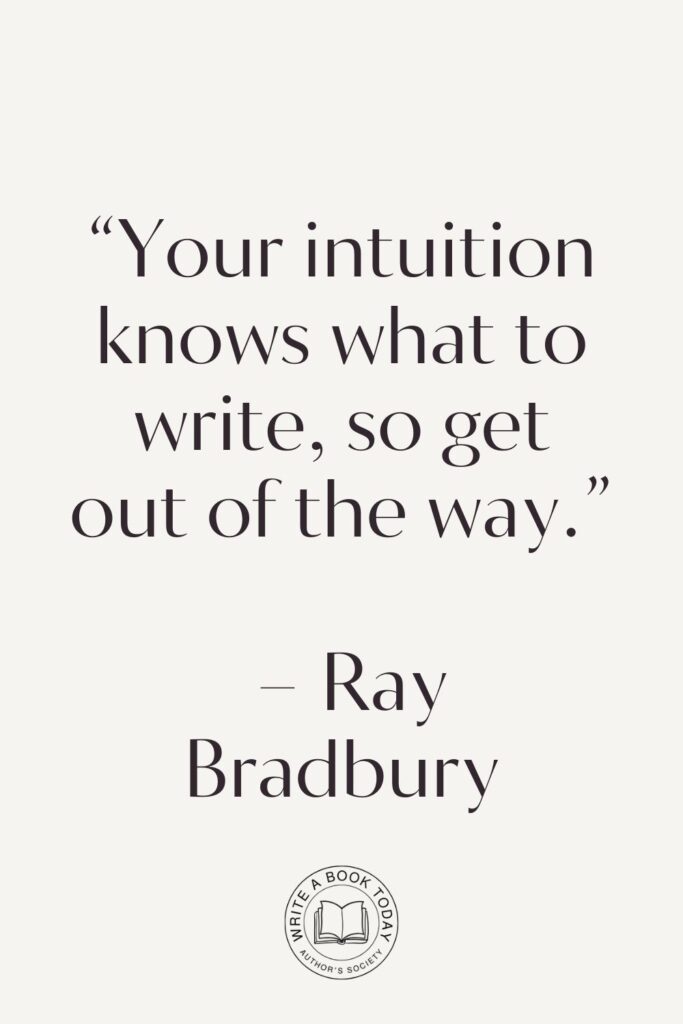
How the Right Tools Can Enhance Your Writing Process
Imagine crafting a story without the distraction of grammar errors or the frustration of losing your progress.
The right author tools 2024 can provide this peace of mind. They offer structured environments that allow authors to focus solely on their creativity. Tools like Scrivener and Grammarly help manage large projects and polish your writing, respectively.
By automating mundane tasks, these tools free up mental space, allowing authors to dive deeper into their creative processes.
The Top 7 Writing Tools Every Author Should Use
1. Scrivener: The Ultimate Writing Companion
Scrivener is often hailed as the holy grail of best writing software for authors. Designed specifically for long-form writing projects, it offers a flexible and comprehensive platform where you can organize your manuscript, research, and notes in one place.
Its binder feature allows for easy navigation between chapters, scenes, and even character sketches. Scrivener’s corkboard and outliner views provide a bird’s-eye view of your project, making it easier to rearrange sections and ensure a coherent flow.
For those new to Scrivener, take advantage of the free trial period to explore its features.
Watch tutorials to understand how to maximize its capabilities, especially the corkboard and outliner views, which are invaluable for plotting complex narratives.
Feeling lost with your debut novel?
Fiverr Pro connects you with expert editors, designers, and marketers – everything you need to get your book ready for success!

2. Grammarly: Your Personal Writing Assistant
Grammarly is more than just a spell checker; it’s a comprehensive writing assistant that ensures your prose is clear, engaging, and error-free.
By integrating seamlessly with browsers and word processors, Grammarly catches grammatical mistakes, suggests style improvements, and even evaluates the tone of your writing.
This tool is essential for maintaining a professional standard across all your writing endeavors, from manuscripts to emails.
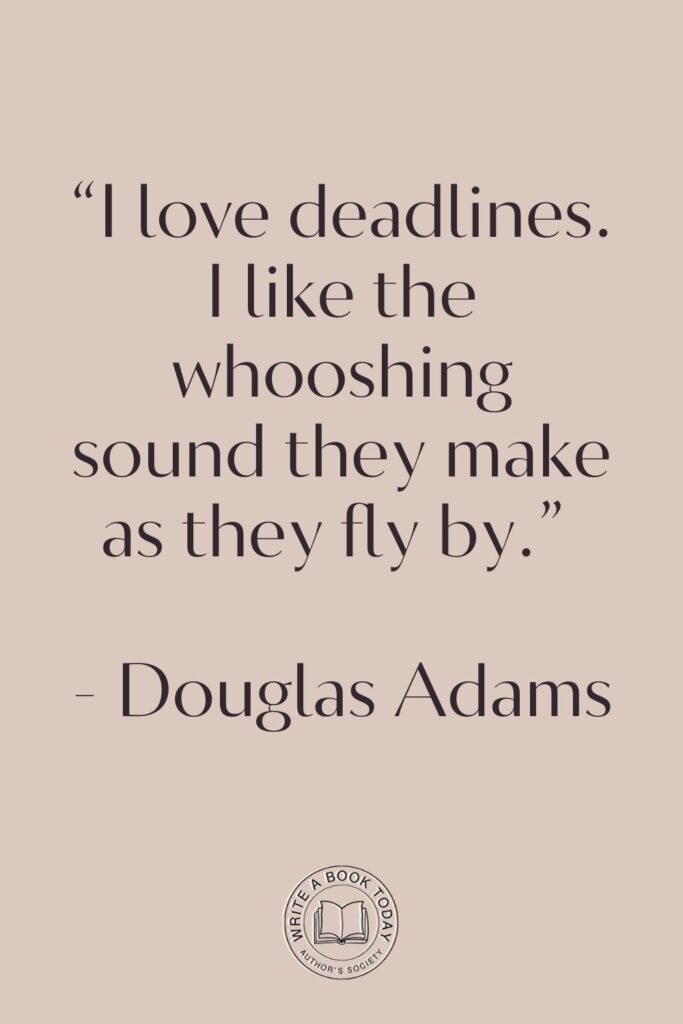
3. ProWritingAid: Elevating Your Writing Style
ProWritingAid takes a holistic approach to editing, offering insights into grammar, style, and readability. It provides detailed reports on your writing, highlighting areas such as sentence length variation and overused words.
By integrating with tools like Scrivener and Google Docs, it helps refine your writing style while maintaining your unique voice.
For authors looking to elevate their craft, ProWritingAid is an indispensable tool.
4. Google Docs: Collaboration Made Easy
Google Docs is a versatile and powerful tool for writers who collaborate frequently.
Its cloud-based platform allows multiple users to work on a document simultaneously, with real-time updates and commenting features.
This makes it ideal for co-authors, editors, and beta readers. The ability to access your documents from any device ensures that you can write whenever inspiration strikes.
Use Google Docs’ add-ons to enhance its functionality. Tools like Table of Contents and Easy Accents can streamline your workflow and improve document navigation, especially for longer manuscripts.
No marketing platform? No social following? No problem!
Publisher Rocket helps you market your debut novel like a pro.
It’s a gamechanger for debut authors – try it today!

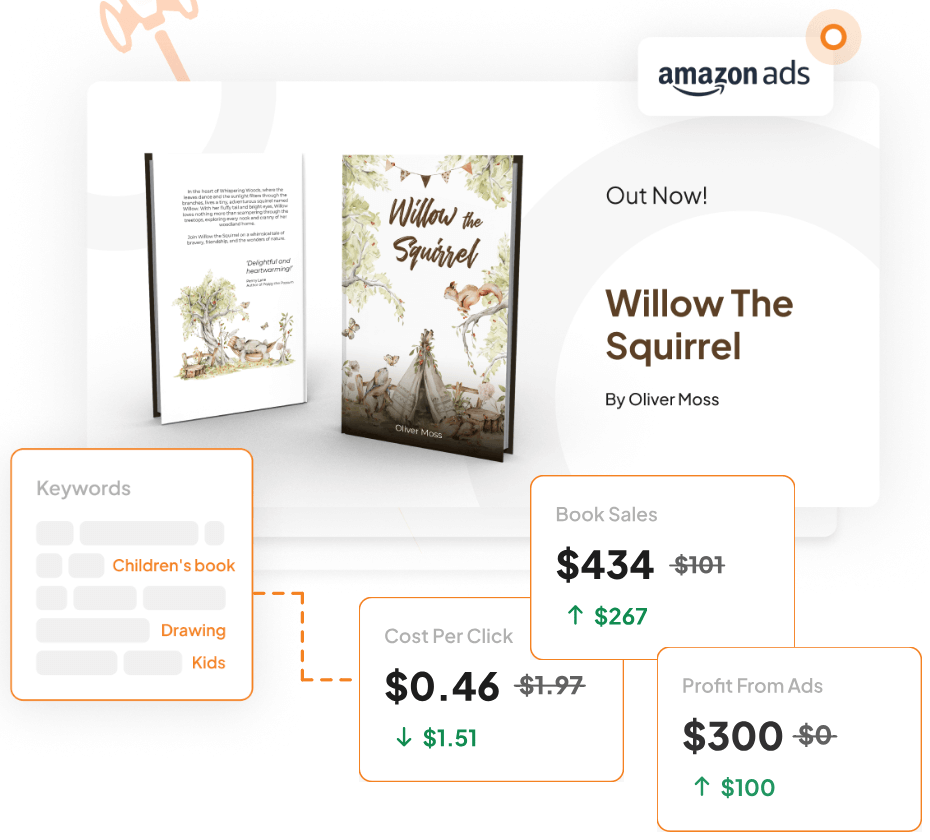
5. Hemingway Editor: Crafting Clear and Concise Prose
The Hemingway Editor is designed to make your writing bold and clear. By highlighting complex sentences, passive voice, and adverbs, it encourages authors to simplify their prose and improve readability.
The tool assigns a readability score, helping you tailor your content to your target audience. For authors striving for concise and impactful writing, Hemingway Editor is a valuable ally.
6. Evernote: Organizing Ideas and Research
Evernote is a powerful note-taking app that excels in organizing ideas, research, and inspiration. With features like notebooks, tags, and web clipping, it allows authors to capture and categorize information effortlessly.
Whether you’re jotting down a sudden plot twist or saving a research article, Evernote ensures that all your notes are easily accessible and well-organized.
7. Freedom: Staying Focused in a Distracted World
In a world filled with distractions, staying focused is a challenge for many authors. Freedom is a productivity app that helps you block distracting websites and apps, allowing you to concentrate on your writing.
By scheduling focused sessions, you can create a distraction-free environment that fosters creativity and productivity. For authors looking to maximize their writing time, Freedom is an essential tool.
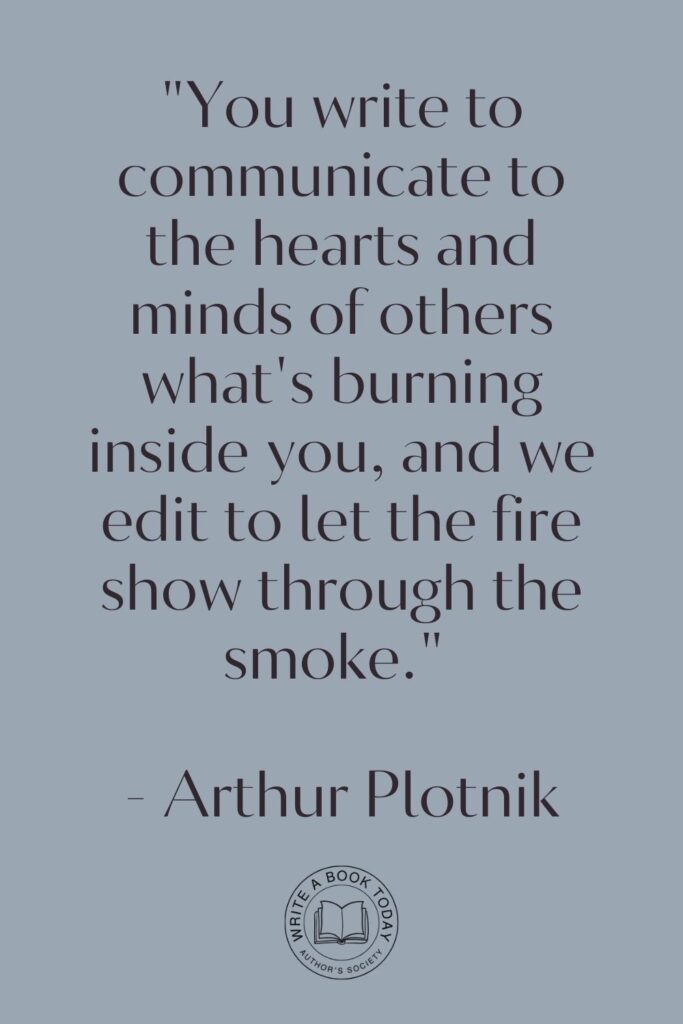
Maximising Productivity with Writing Tools
The journey of writing is not just about putting words on paper; it’s about creating a conducive environment that nurtures creativity and productivity.
With the right writing tools for authors, this becomes achievable.
Creating a Distraction-Free Writing Environment
One of the greatest enemies of productivity is distraction. Whether it’s social media, emails, or even the temptation of a quick game, these interruptions can derail your writing process.
Tools like Freedom and OmmWriter help create a serene environment where you can focus solely on your writing. By eliminating distractions, you can immerse yourself in your story, allowing your creativity to flow uninterrupted.
Schedule regular writing sessions and use apps like Forest, which gamify focus by planting virtual trees that grow when you avoid distractions.
This can be a fun way to stay disciplined and see tangible results from your efforts.
Setting Writing Goals and Tracking Progress
Setting goals is crucial for maintaining momentum in your writing journey. Tools like NovelPad and Write Track allow you to set daily or monthly word count targets and track your progress.
By visualizing your achievements, you can stay motivated and accountable. These tools also offer insights into your writing habits, helping you identify peak productivity times and areas for improvement.
| Tool | Main Feature | Benefit |
|---|---|---|
| Scrivener | Comprehensive organization | Streamlines long-form writing |
| Grammarly | Real-time grammar checks | Ensures polished writing |
| ProWritingAid | Detailed writing analysis | Improves writing style |
| Google Docs | Real-time collaboration | Facilitates teamwork |
| Hemingway Editor | Readability enhancement | Clarifies complex prose |
| Evernote | Note organization | Keeps research accessible |
| Freedom | Distraction blocking | Boosts focus and productivity |
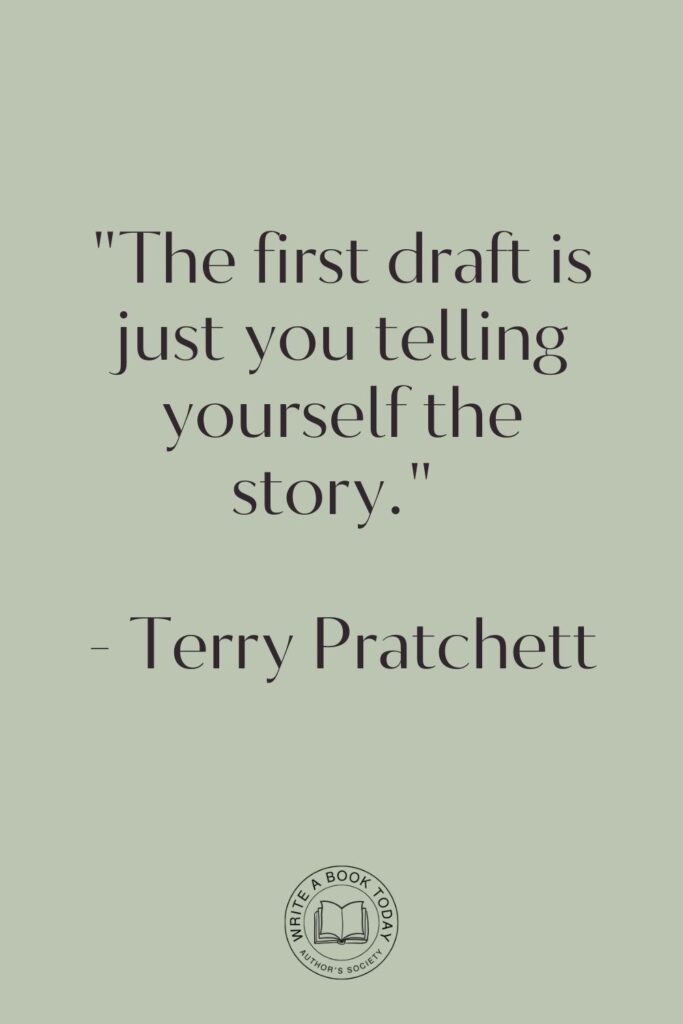
Building a Writing Community: Sharing Tools and Tips
Writing can often feel like a solitary endeavour, but it doesn’t have to be. By engaging with a community of fellow authors, you can share experiences, tools, and tips that enrich your writing journey.
Google Docs is for notes. Scrivener is for novels. Upgrade your writing game and try it for free today!

Engaging with Other Authors: A Sense of Belonging
Joining writing groups or forums can provide a sense of camaraderie and support. Platforms like Scribophile and Wattpad allow authors to connect, share feedback, and offer encouragement.
Engaging with other authors can provide fresh perspectives, spark new ideas, and offer solutions to common writing challenges.
Sharing Experiences: How Tools Have Helped Us
Every author has a unique story about how certain tools have transformed their writing process. Sharing these experiences not only helps others discover valuable resources but also fosters a sense of community.
Whether it’s a blog post, a workshop, or a social media discussion, sharing your journey can inspire and motivate others.
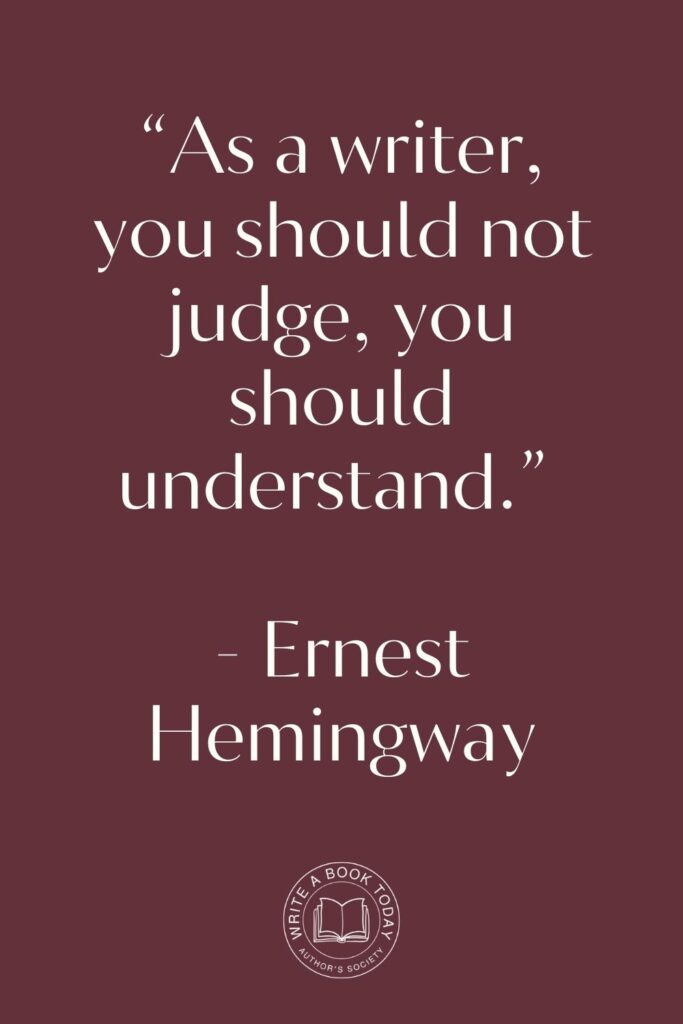
Final Thoughts: Embrace Your Writing Journey
In the end, the journey of writing is as rewarding as the destination. By embracing the right writing tools for authors, you can enhance your creativity, improve your productivity, and enjoy the process.
Remember, the best tool is the one that complements your unique style and needs. So, explore these tools, experiment with them, and find what works best for you.
As you continue on your writing journey, may these tools be your trusted companions, guiding you towards success and fulfillment.








